8 DIY Charcoal Face Masks For Radiant Skin
By: Priyanka Maheshwari Tue, 01 Aug 2023 10:23:03

Welcome to the world of DIY beauty and natural radiance! In this fast-paced world, taking care of our skin is essential to maintain a healthy and glowing complexion. If you're seeking cost-effective ways to achieve radiant skin, look no further than the power of charcoal face masks. Activated charcoal has become a skincare superstar, well-known for its deep-cleansing and detoxifying properties. And the best part? You can create your very own DIY charcoal face masks from the comfort of your home!
In this article, we present 8 incredible DIY charcoal face mask recipes that will transform your skincare routine. These masks not only draw out impurities and excess oil but also nourish, hydrate, and revitalize your skin. Whether you have oily, dry, or sensitive skin, there's a charcoal face mask perfect for your needs. Get ready to explore the wonders of charcoal as we reveal the secrets to achieving radiant and flawless skin naturally. Let's delve into the world of DIY beauty and discover the magic of charcoal face masks for a rejuvenated and glowing complexion!
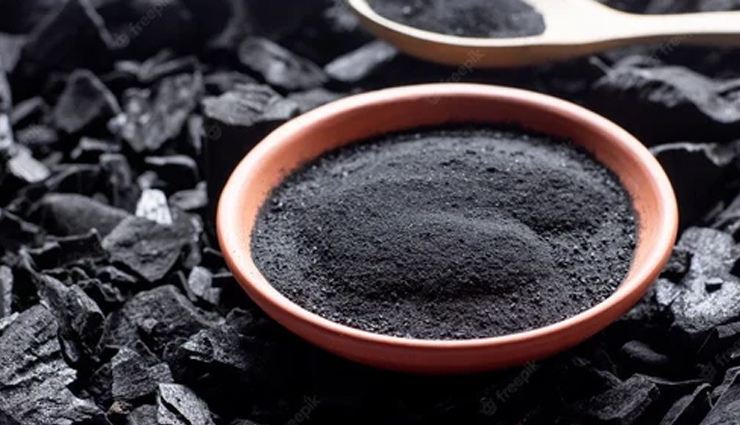
Benefits Of Activated Charcoal For Skin
Deep Cleansing: Acting like a magnet, activated charcoal attracts and absorbs dirt, oil, and pollutants from the skin's surface and pores. This deep cleansing process helps in removing impurities and unclogging pores, reducing the risk of acne and breakouts.
Oil Control: If you have oily skin, activated charcoal is a lifesaver. It regulates sebum production, reducing excess oiliness without overly drying out the skin.
Acne Treatment: With its ability to draw out impurities and bacteria, activated charcoal serves as an effective natural treatment for acne. It helps in reducing the severity and frequency of breakouts and prevents future acne flare-ups.
Exfoliation: Charcoal face masks often contain gentle exfoliating agents that remove dead skin cells and promote a smoother, brighter complexion.
Detoxification: The detoxifying properties of activated charcoal eliminate toxins and chemicals from the skin, leaving it refreshed and rejuvenated.
Reduction of Pore Size: By removing dirt and impurities from the pores, activated charcoal minimizes their appearance, giving your skin a smoother and refined look.
Skin Brightening: Regular use of activated charcoal can brighten your complexion by removing accumulated dirt and dead skin cells, revealing a more even-toned and radiant skin.
Soothing and Calming: If you have sensitive or irritated skin, activated charcoal can provide a soothing effect, reducing redness and inflammation.
Anti-Aging Effects: By removing toxins and free radicals, activated charcoal contributes to reducing signs of premature aging, such as fine lines and wrinkles.
Suitable for Most Skin Types: Activated charcoal is generally safe for all skin types, including sensitive skin. However, it is essential to conduct a patch test before using it extensively to ensure compatibility with your skin.
Easy DIY Activated Charcoal Face Mask Recipes

# Charcoal and Honey Mask
Combining activated charcoal with honey creates a potent face mask that gently exfoliates and moisturizes the skin. Honey is a natural humectant, which means it helps retain moisture, leaving your skin soft and supple. Mix 1 tablespoon of activated charcoal powder with 1 tablespoon of raw honey, apply to your face, and let it sit for 15-20 minutes before rinsing off with warm water.
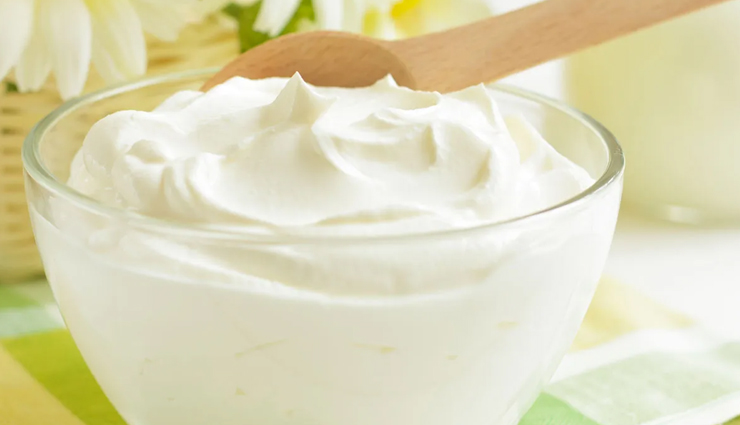
# Charcoal and Yogurt Mask
This mask is excellent for soothing and hydrating the skin while deeply cleansing it. Mix 1 tablespoon of activated charcoal powder with 2 tablespoons of plain yogurt and a few drops of tea tree oil (optional). Apply the mask evenly to your face, let it dry for 15 minutes, and wash it off with cold water, gently massaging your skin in circular motions for a gentle exfoliation.

# Charcoal and Aloe Vera Mask
For a cooling and calming effect on your skin, combine activated charcoal with aloe vera gel. Aloe vera is well-known for its soothing properties and can help reduce inflammation and redness. Mix 1 tablespoon of activated charcoal powder with 2 tablespoons of aloe vera gel, apply the mask, and leave it on for 20 minutes before rinsing off with water.
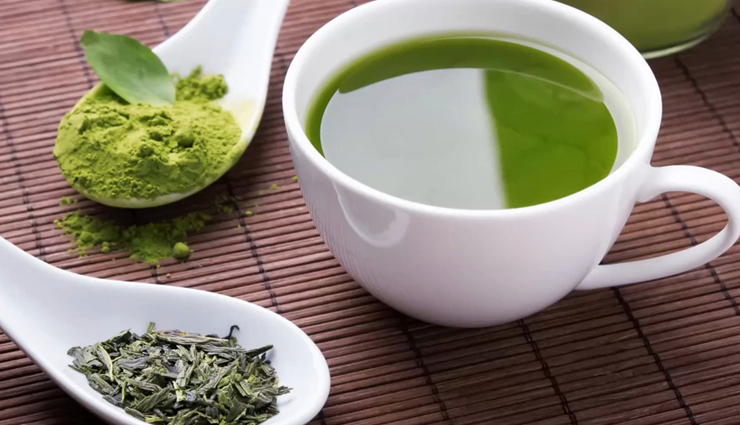
# Charcoal and Green Tea Mask
Green tea is packed with antioxidants that can help fight free radicals and rejuvenate your skin. To make this mask, mix 1 tablespoon of activated charcoal powder with 2 tablespoons of brewed green tea and 1 tablespoon of honey. Apply the mixture to your face and neck, leave it on for 15-20 minutes, and rinse off with warm water.
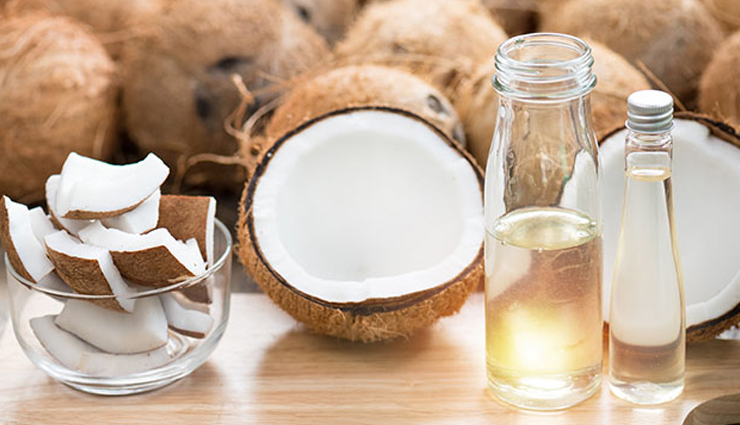
# Charcoal and Coconut Oil Mask
If you have dry or sensitive skin, this moisturizing mask is perfect for you. Mix 1 tablespoon of activated charcoal powder with 1 tablespoon of melted coconut oil and 1 teaspoon of almond oil. Apply the mask to your face and leave it on for 15-20 minutes before washing it off with warm water.
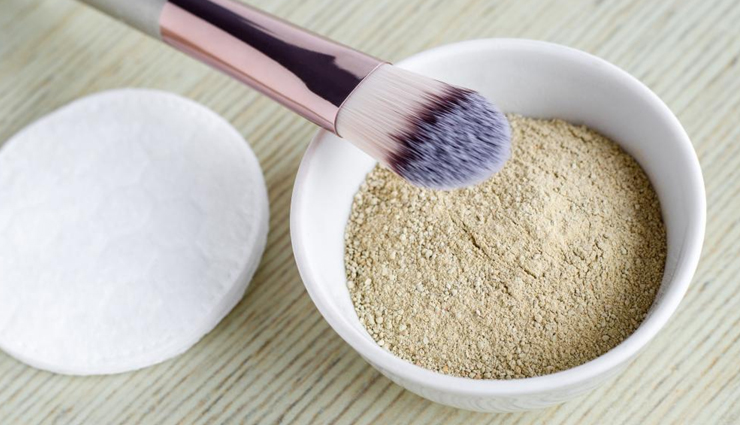
# Charcoal and Bentonite Clay Mask
Bentonite clay is another powerful ingredient that helps detoxify the skin and unclog pores. Mix 1 tablespoon of activated charcoal powder with 1 tablespoon of bentonite clay and enough water to form a smooth paste. Apply the mask, and let it dry for 10-15 minutes before rinsing off with warm water.
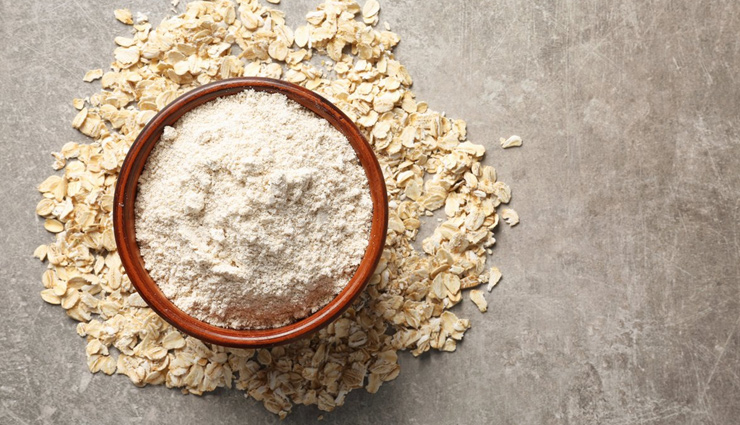
# Charcoal and Oatmeal Mask
Oatmeal is excellent for soothing irritated skin and reducing inflammation. Mix 1 tablespoon of activated charcoal powder with 2 tablespoons of finely ground oatmeal and enough water to form a paste. Apply the mask to your face, leave it on for 10-15 minutes, and rinse off with warm water.

# Charcoal and Apple Cider Vinegar Mask
Apple cider vinegar helps balance the skin's pH level and can help reduce acne and blemishes. Mix 1 tablespoon of activated charcoal powder with 1 tablespoon of apple cider vinegar and a few drops of tea tree oil. Apply the mask, leave it on for 15 minutes, and wash it off with warm water.
Potential Side Effects Of Activated Charcoal
Staining: Activated charcoal can stain clothing, fabrics, and surfaces, so it's crucial to be cautious during application and avoid contact with sensitive materials.
Dryness: Excessive use of activated charcoal on the skin may lead to dryness, especially for those with already dry or sensitive skin. It is advisable to follow up with a moisturizer after using charcoal-based products.
Irritation: Some individuals may experience skin irritation or allergic reactions to activated charcoal. Performing a patch test before using any new charcoal product can help identify potential sensitivity.
Inhalation: When using activated charcoal in powder form, inhaling the fine particles can irritate the respiratory system. It's essential to use masks or take precautionary measures to avoid inhaling the powder.
Interference with Medications: Activated charcoal can bind to medications and reduce their effectiveness. If you are on medication, consult with a healthcare professional before using charcoal supplements or products.
Digestive Issues: Taking activated charcoal internally can cause gastrointestinal discomfort, such as constipation, nausea, or vomiting. Always follow recommended dosages when using it as a supplement.
Absorption of Nutrients: Due to its absorptive properties, activated charcoal may also bind to essential nutrients in the digestive tract, reducing their absorption. Avoid taking it with food or supplements.
Interference with Medical Tests: The use of activated charcoal before medical tests or procedures may interfere with accurate results, especially in tests related to the gastrointestinal system.
Can You Use Regular Charcoal On Your Face?
Using regular charcoal on your face is not recommended. Regular charcoal, such as the one used for grilling or fuel, is not safe for skin application. It may contain harmful substances and impurities that can be detrimental to your skin.
For skincare purposes, it is essential to use activated charcoal that is specifically formulated and safe for topical use. Activated charcoal has a unique porous structure that enables it to effectively absorb dirt, oil, and impurities from the skin, making it an ideal ingredient for detoxifying and deep-cleansing face masks.
Always ensure that the product you are using is labeled for cosmetic use and specifically intended for skincare applications. Avoid using any charcoal product on your face or skin unless it is designed and confirmed safe for such use.





